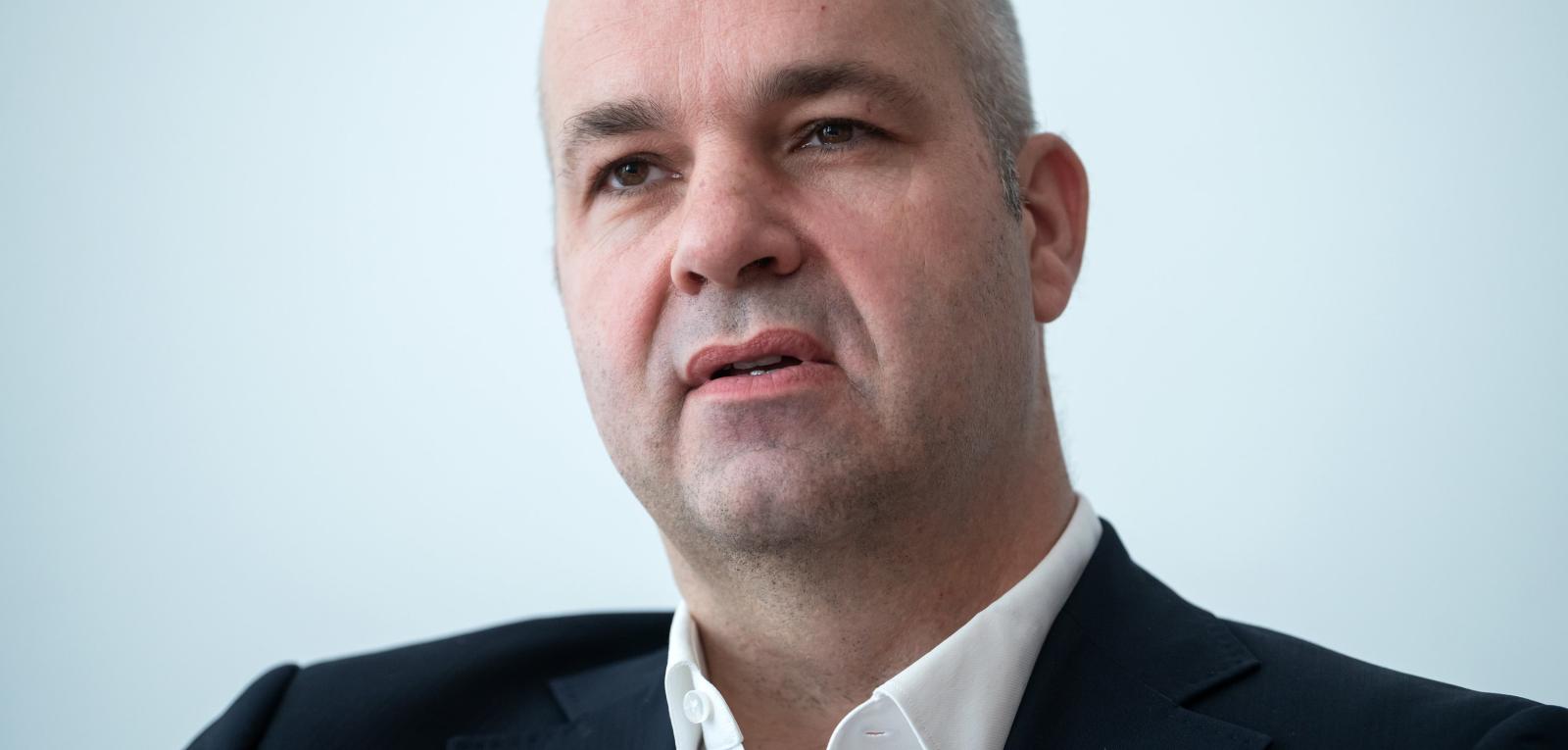The President of the German Institute for Economic Research (DIW) expects a recession in Germany and significantly rising prices as a result of the Ukraine war. Therefore, he has clear demands on the federal government and the ECB.
As a result of the war in Ukraine, the German Institute for Economic Research (DIW) expects economic output in Germany to decline and prices to rise even more. He expects „that the German economy will now slide back into recession,“ said DIW President Marcel Fratzscher of the „Neue Osnabrücker Zeitung“ (Thursday). As in the last quarter of 2021, the German economy is likely to shrink in the first and second quarters.
 At the same time, Fratzscher assumes that inflation will accelerate. “There will probably be inflation rates of well over five percent in the current year. In the event of an escalation of the war and more and more new sanctions, it can even go towards ten percent,” he said.
At the same time, Fratzscher assumes that inflation will accelerate. “There will probably be inflation rates of well over five percent in the current year. In the event of an escalation of the war and more and more new sanctions, it can even go towards ten percent,” he said.
According to Fratzscher, inflation is likely to increase again in the coming weeks and months, „because not all price increases and higher costs have yet been passed on to consumers“.
One should not only look at energy prices, but also at supply chains for raw materials such as rare earths and food. Russia is one of the major exporters of wheat and fertilizers. „We must therefore be prepared for the fact that food prices could rise again significantly.“ It could „be very, very difficult for consumers in the coming months“.
Fratzscher expects the European Central Bank (ECB) “to postpone monetary policy normalization again, desirable as it is. Because now it’s a matter of stabilizing the economy first.” The economist explained: “In such a situation, raising interest rates would mean that unemployment would rise.” The Governing Council of the ECB will assess the situation at a meeting on Thursday.
At the same time, DIW boss Marcel calls on the federal government to give up the goal of the debt brake for the coming years in view of the war in Ukraine. „The Ukraine war is a dam bursting for German financial policy, because it will make it impossible to comply with the debt brake for the coming years,“ Fratzscher told the Rheinische Post newspaper.
advertisement
“The federal government can continue to try to circumvent the debt brake by building up reserves and shadow budgets. It should now be honest and admit that the national debt will have to increase significantly in the coming years.” Coping with the corona pandemic and the war will require just as large amounts of state money as the ecological and digital transformation of the German economy.
The federal government should not repeat the mistakes of the past and save the country to death by putting off essential public investments in security, climate protection, education, health and digitization. „A reform of the debt brake is therefore overdue and should now be implemented as a matter of urgency.“
